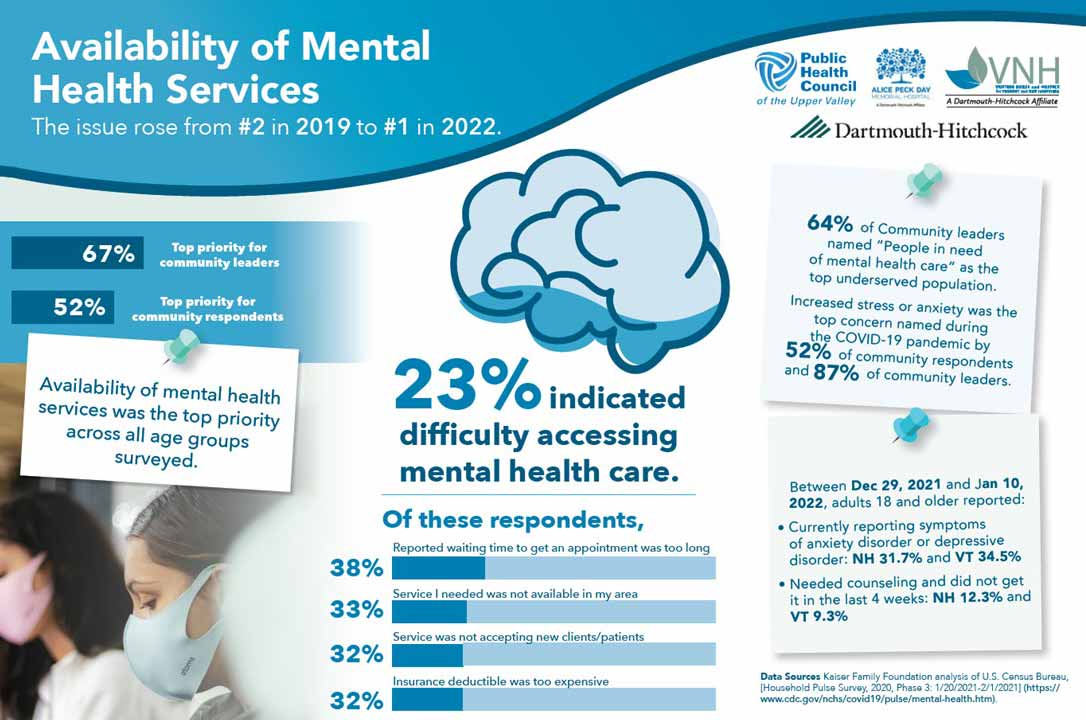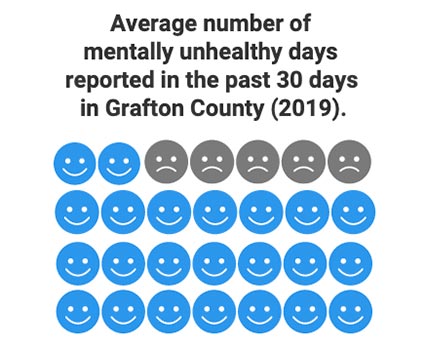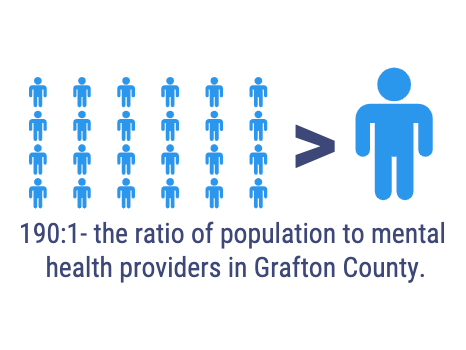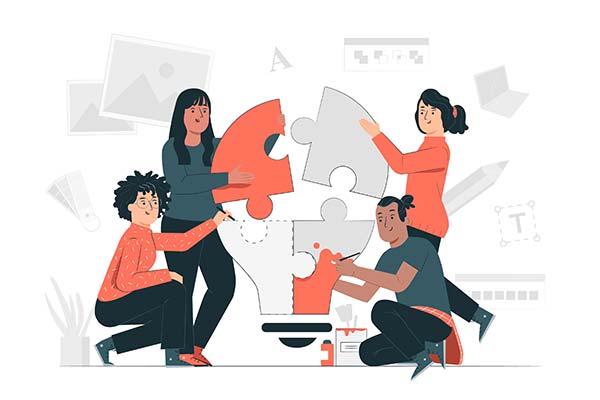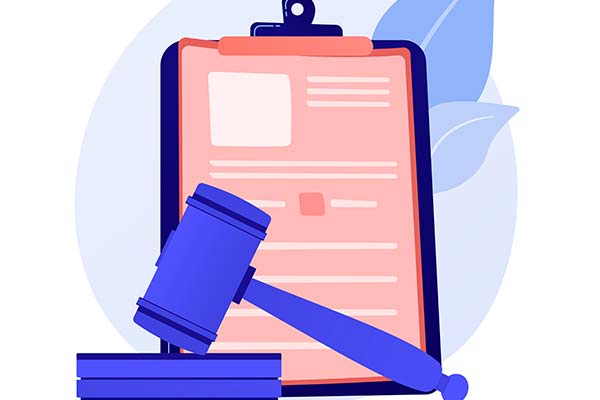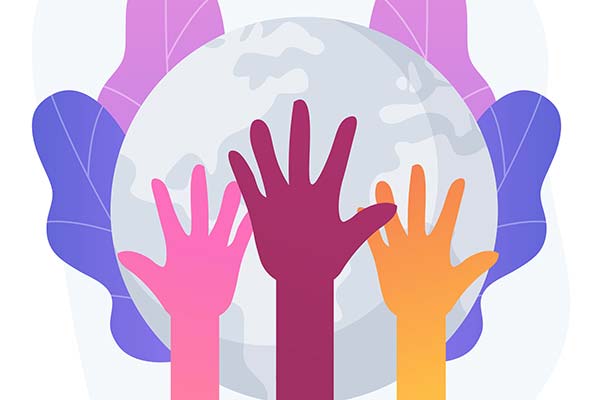Access to Mental Health Services
Goal Statement: All people in the Upper Valley community have the support they need along their life span to reach optimal mental wellness, including prevention and education, early detection and intervention, and stigma-free.
“There are not enough counselors, therapists, psychiatrists, or social workers. One agency worker explained that they have the highest number of clinical staff vacancies in 50 years.”
—Key Stakeholder
